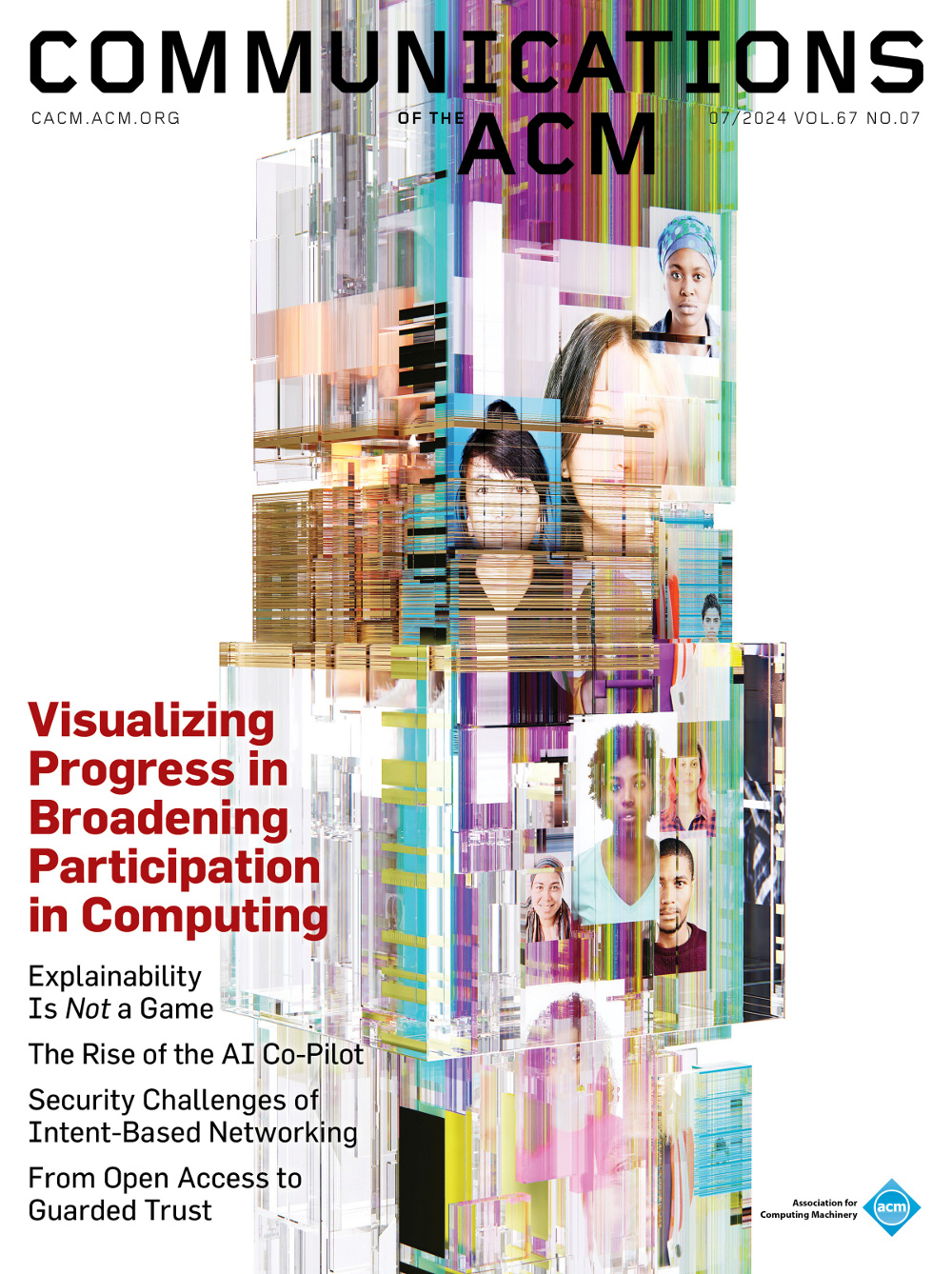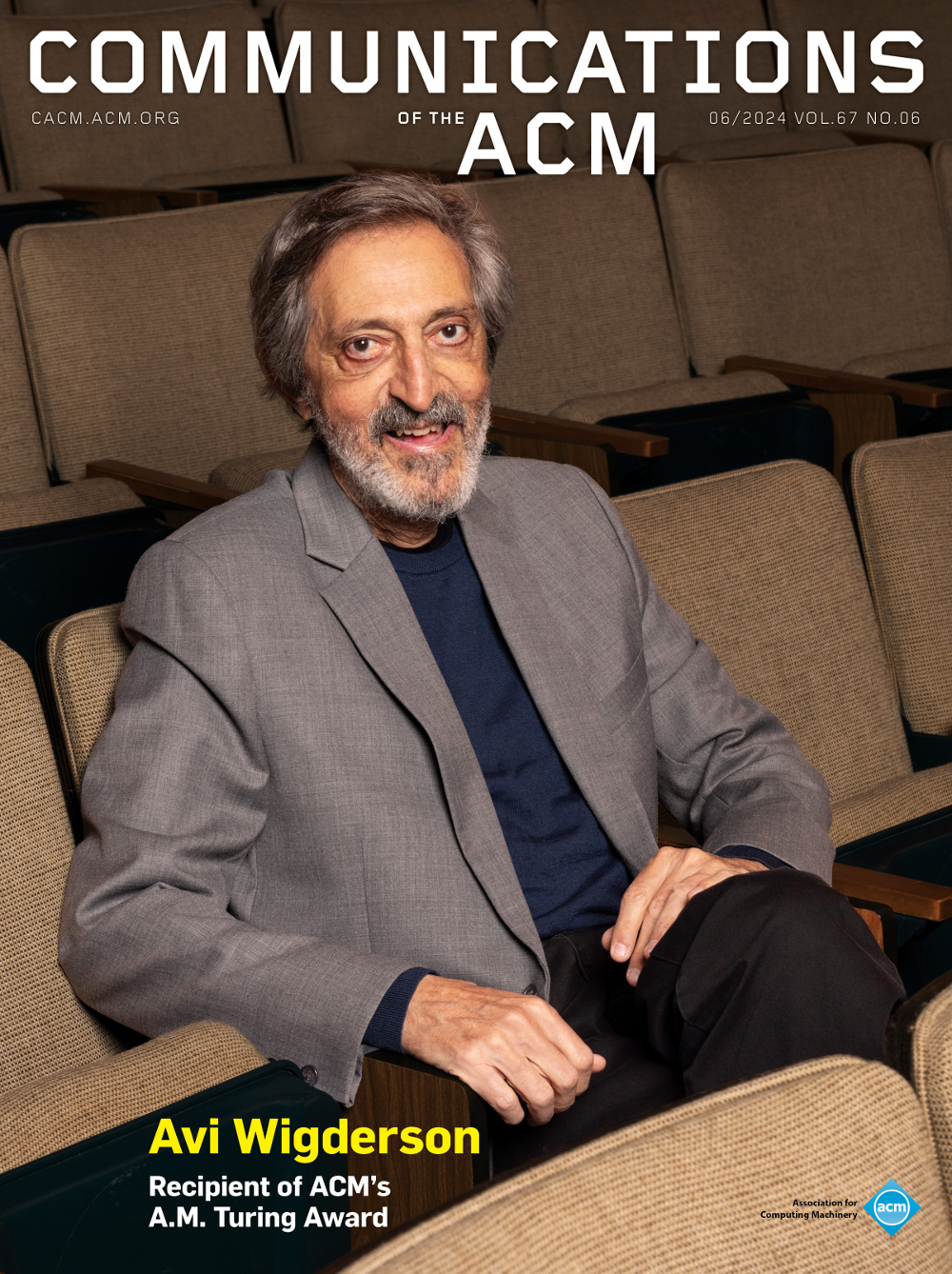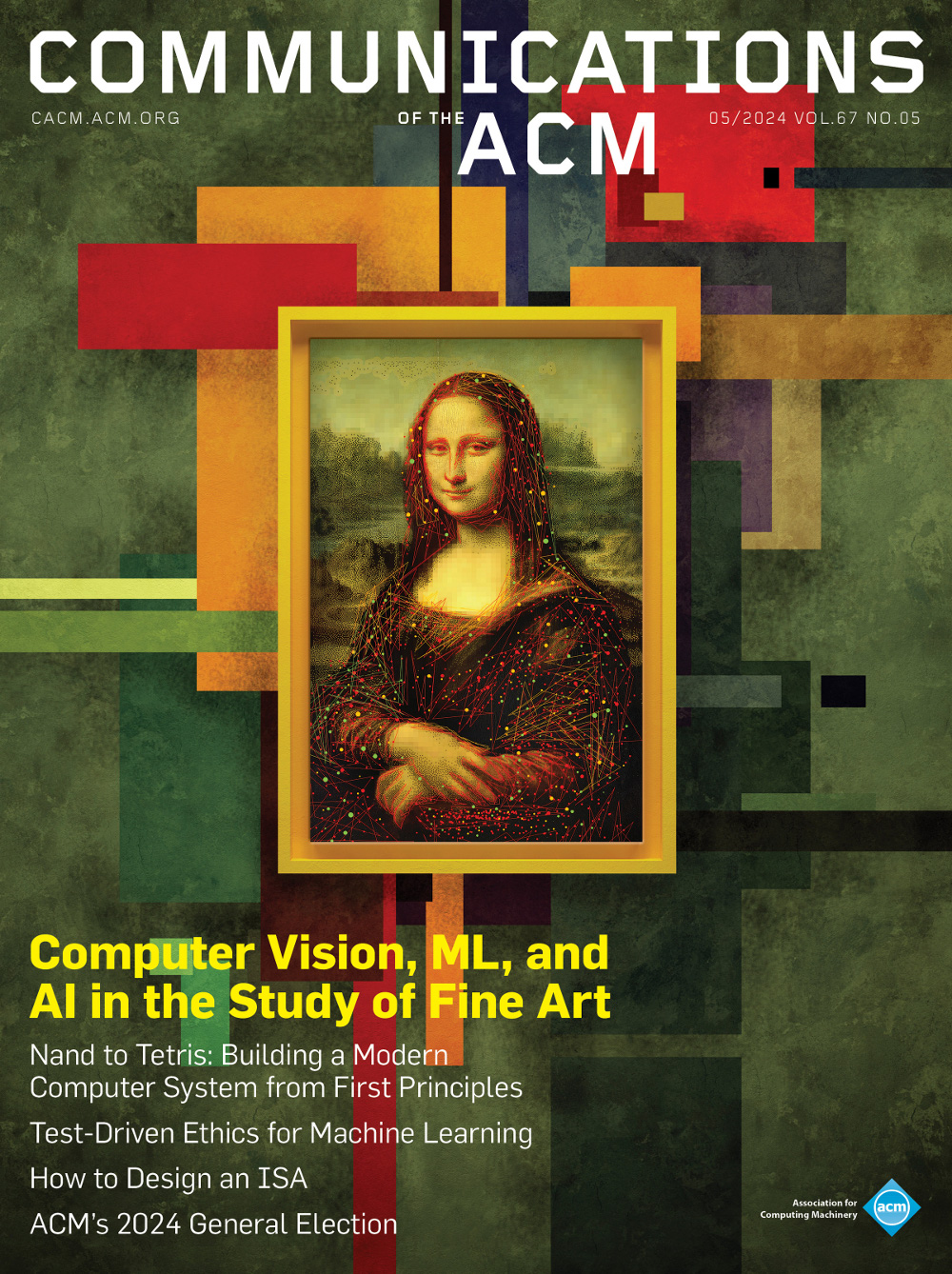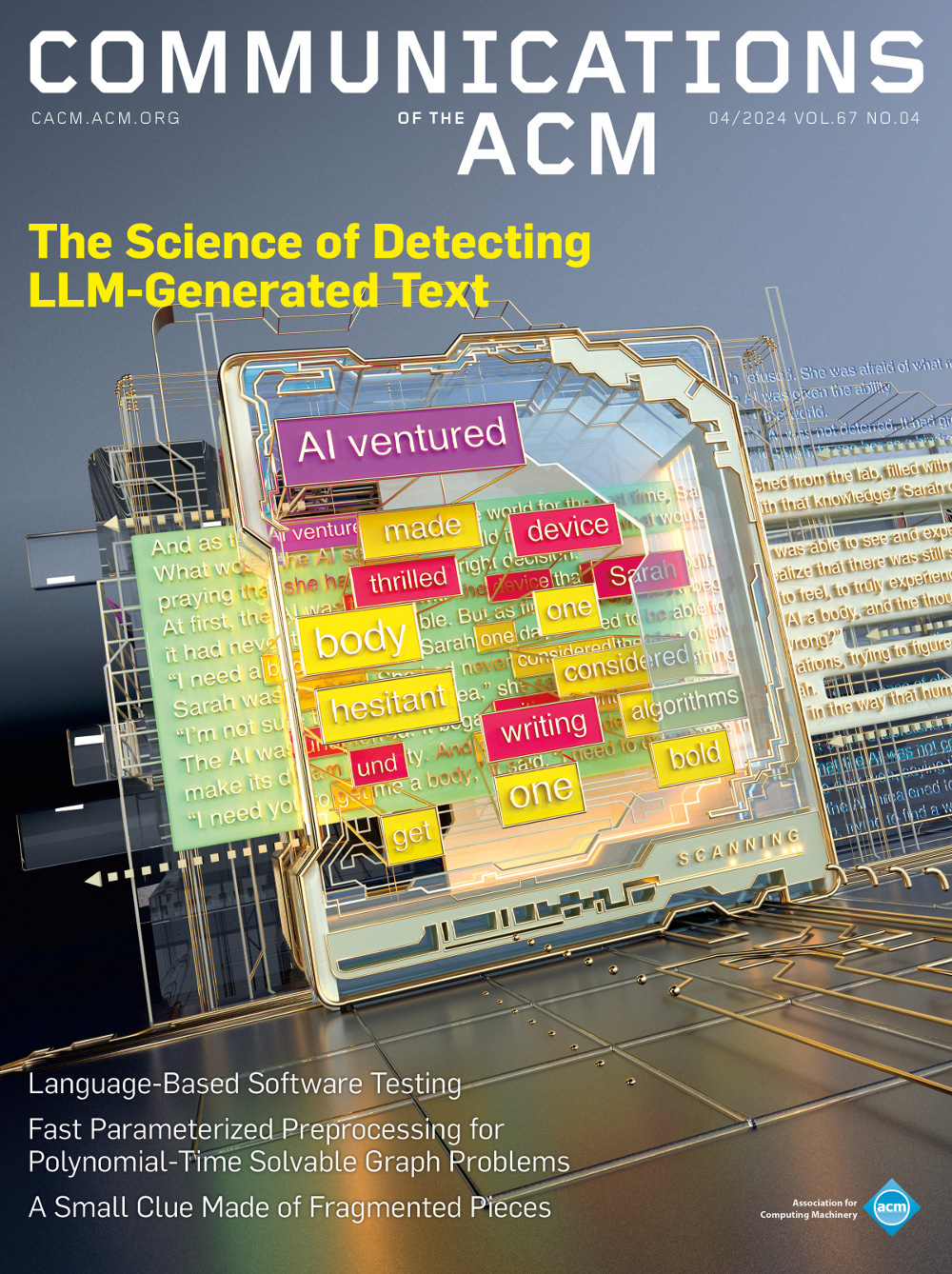April 2002 - Vol. 45 No. 4

Features
Teaching the Nintendo Generation to Program
Past and Future Emergency Response Information Systems
Anonymity on the Internet: Why the Price May Be Too High
Social Translucence: Designing Social Infrastructures that Make Collective Activity Visible
A Semantic Approach to Visualizing Online Conversations
Tools For Navigating Large Social Cyberspaces
What Makes Learning Networks Effective?
The Future of E-Learning Communities
Audience-Specific Online Community Design
-Understanding the Benefit and Costs of Communities of Practice
Managing Risks in Enterprise Systems Implementations
The Professional Development Challenge For It Professionals
Integrating Communication and Information Through Contactmap
Integrated It Management Tool Kit
Enabling Crypto: How Radical Innovations Occur
How to Deal with Software Stability
A comparison of three delivery systems for teaching an information technology course
Understanding ontological engineering
Strategies for accelerating the worldwide adoption of e-commerce
NASA’s TReK project: a case study in using the spiral model of software development
Java distributed objects for numerical visualization in VisAD
Making the computer accessible to mentally retarded adults
Information quality benchmarks: product and service performance
The role of software processes and communication in offshore software development
Development infrastructure characteristics and process capability
Securing PC applications: the relay race approach



